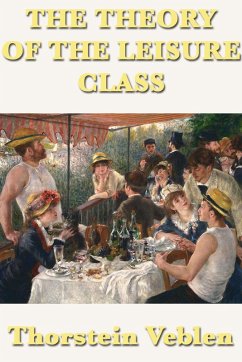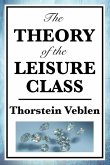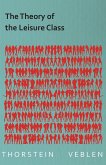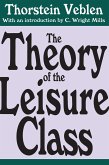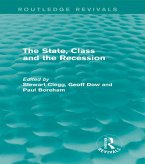The Theory of the Leisure Class is one of the great works of economics as well as the first detailed critique of consumerism.> Drawing examples from his time (turn-of-the-century America) and anthropology, he held that much of today's society is a variation on early tribal life. It was in this book that the term conspicuous consumption was first used.
Dieser Download kann aus rechtlichen Gründen nur mit Rechnungsadresse in A, D ausgeliefert werden.

